In a world that often feels like it’s spinning faster than we can keep up, chronic anxiety has become a common companion for many.


In a world that often feels like it’s spinning faster than we can keep up, chronic anxiety has become a common companion for many.
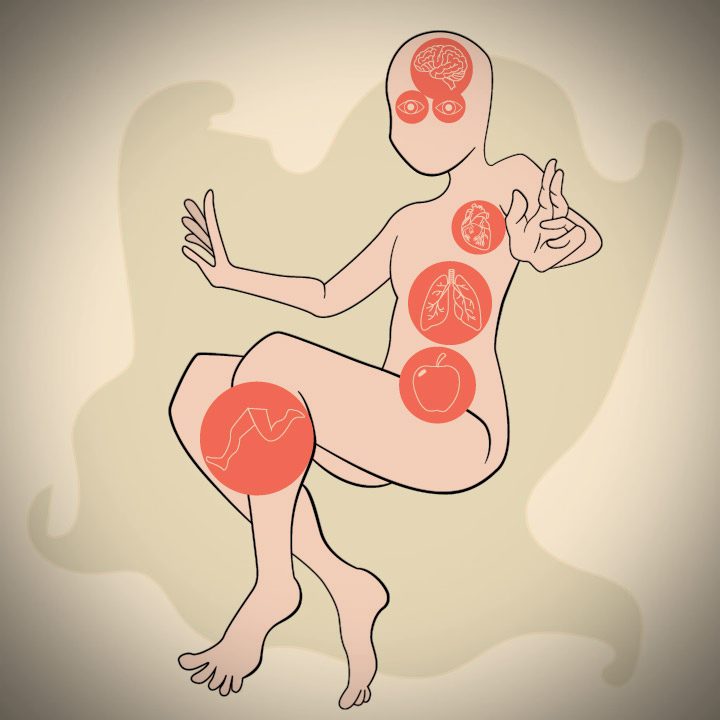
An overwhelming ninety percent of American adults consider mental health a crisis in the United States, according to a study by the Kaiser Family Foundation and CNN.

People often think that the phrase ‘ageing gracefully’ is simply a euphemism for accepting your wrinkles and saying no to Botox.

Essential Supplements for First Time Vegans

Many people tend to have mixed reactions to probiotics because of a few myths and misconceptions surrounding them.
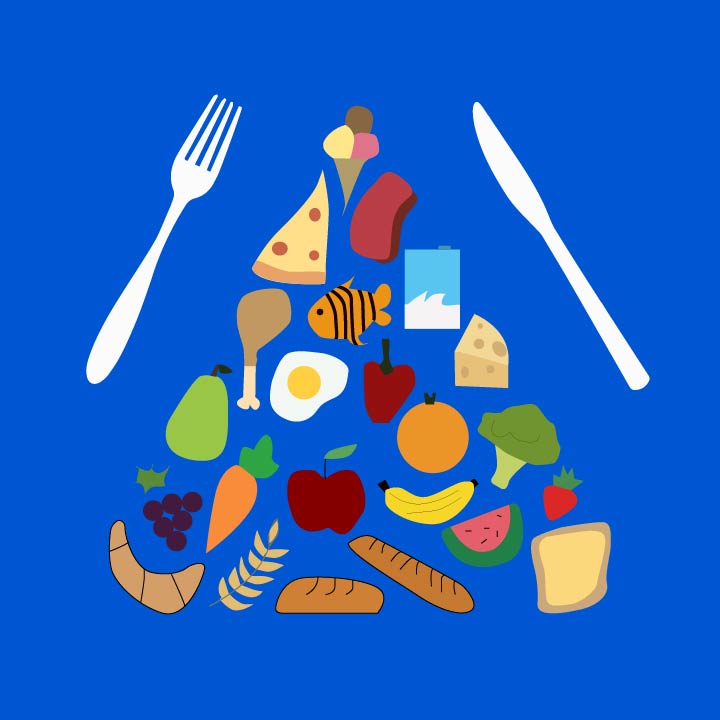
If there’s one thing that most people can agree on, it’s that cooking is a lot of work. But for some, the satisfaction of creating a delicious meal is worth all the fuss and mess.

Cholesterol is discussed so frequently, and sometimes flippantly, it has become somewhat of a medical buzzword. To some, it may seem like a nonconsequential item and for others it is one of bigger deals floated across their plate. The reality is that cholesterol is worth both understanding and managing well in order to maintain a healthy lifestyle.
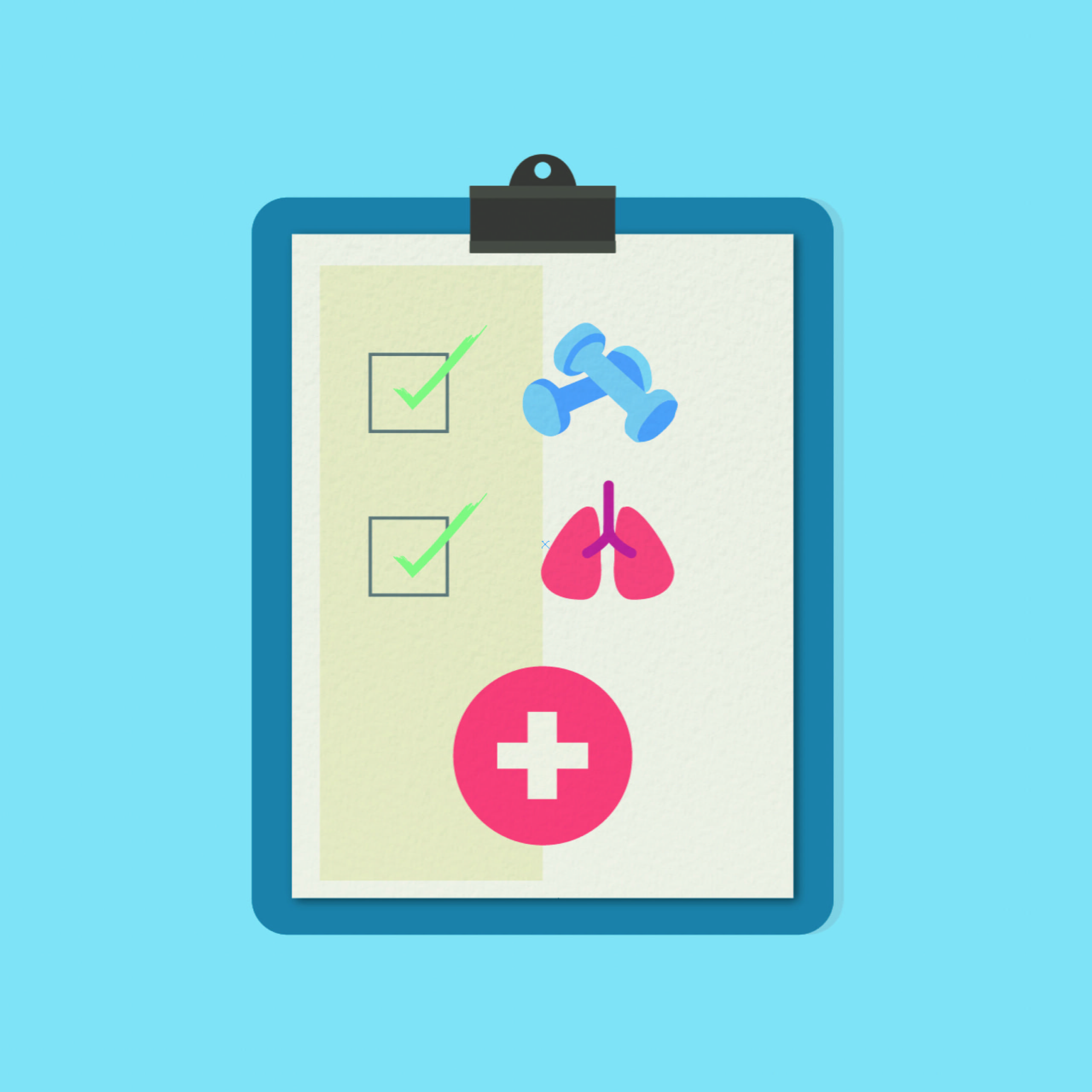
More than half of the world’s population is suffering from weight gain. This is due to people adopting unhealthy lifestyle habits.
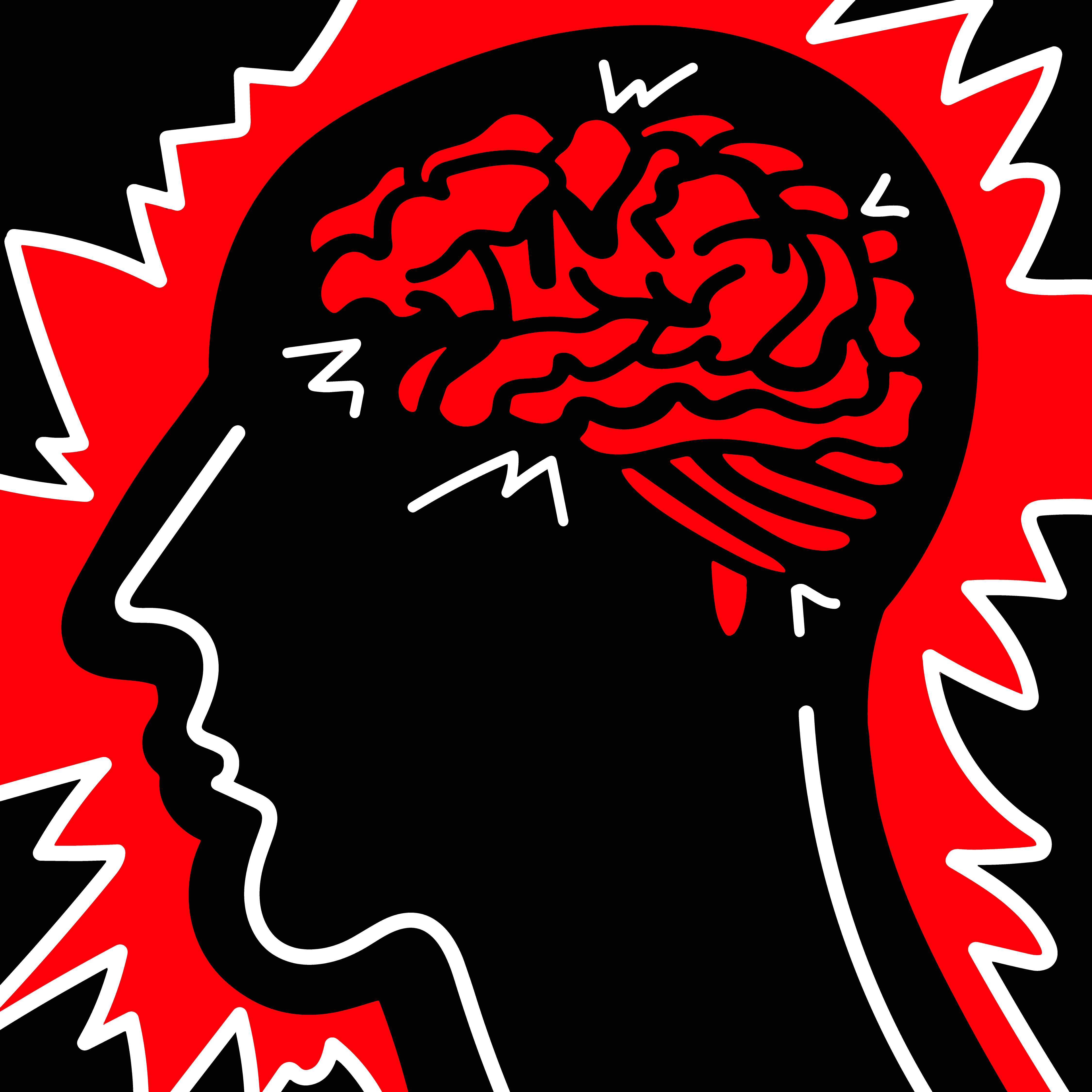
As we age, our brains get older too and will decrease in size and function. By taking action now, you can reduce your risk factors for more rapid aging.
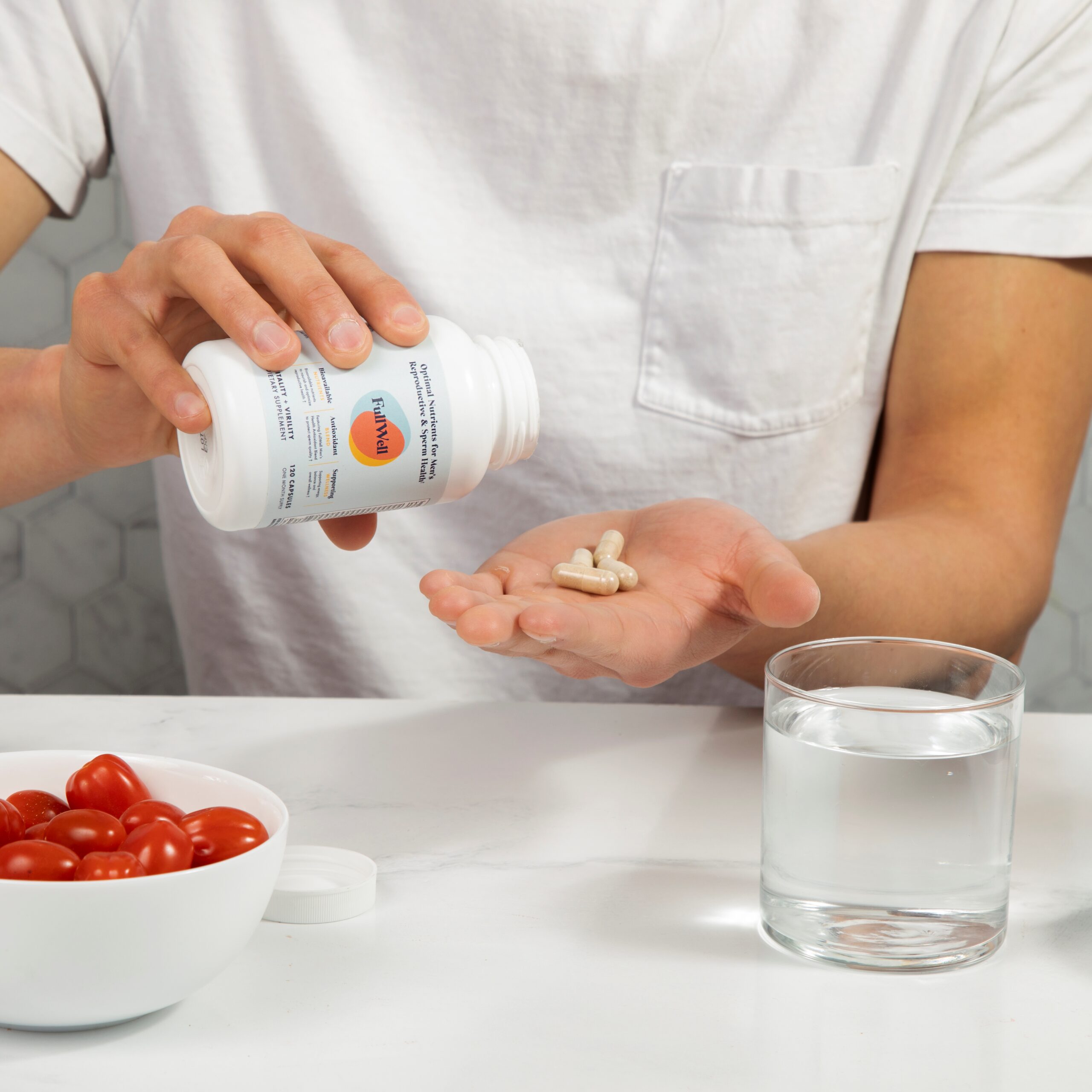
Dr. Ayla Barmmer discusses the importance of male fertility via 360 Magazine.